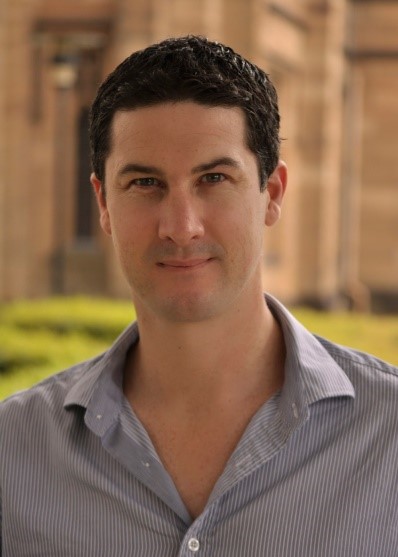Abstract:
The renaissance in the use of peptides and proteins as therapeutic agents has led to significant demand for new technologies to rapidly and efficiently access these biomolecules, especially those bearing tailor-made modifications to maximize specificity and activity, or to probe biological function (e.g. through incorporation of post-translational modifications, fluorophores and/or imaging reagents).1 We have recently developed a number of synthetic and semi-synthetic technologies that enable efficient production of peptides and proteins with homogeneous post-translational modifications at pre-determined sites.2,3 This talk will highlight the utility of these technologies for: (1) manufacturing peptidic drugs under continuous flow conditions,3 and (2) generating proteins with site-specific and homogeneous post-translational modifications.4-7 The talk will conclude with our efforts to employ peptide display methods with genetic reprogramming to generate high affinity cyclic peptides for a range of therapeutic targets.8-10
References
- S. Kulkarni et al. Nature Rev. Chem. 2018, 2, 0122.
- S. Kulkarni et al. Nature Protocols, 2019, 14, 2229.
- T. Chisholm et al. J. Am. Chem. Soc. 2020, 142, 1090
- B. Premdjee et al. J. Am. Chem. Soc. 2021, 143, 5336
- S. Kulkarni et al. Angew. Chem. Int. Ed. 2022, 61, e202200163
- L. Dowman et al. Nature Commun. 2022, 13, 6885.
- K. Harrison et al. Nature Rev. Chem. 2023, 7, 283-404
- J. Johansen-Leete et al. J. Am. Chem. Soc. 2020, 142, 9141
- J. Johansen-Leete et al. Chem. Sci. 2022, 13, 3826
- A. Norman et al. ACS Cent. Sci. 2021, 7, 1001
Biography:
Richard J. Payne FAA is Professor of Organic Chemistry and Chemical Biology at the University of Sydney and since 2020 has been NHMRC Leadership Fellow and Deputy Director of the ARC Centre of Excellence for Innovations in Peptide and Protein Science. Prof. Payne’s research focuses on the design and synthesis of complex biomolecules with a view to addressing important problems in biology and medicine. His lab is recognized for pioneering a number of technologies for the assembly of large polypeptides and proteins by chemical synthesis. These methods have underpinned the discovery of modified peptide and protein drug leads for a range of diseases including anti-inflammatories, anti-thrombotics and anti-infectives. His research has been recognized by a number of awards including the Prime Minister’s Prize for Physical Scientist of the Year, HG Smith Medal and the AJ Birch Medal. In May last year he was elected as a Fellow of the Australian Academy of Science
Speaker:
Institution:
Location:

